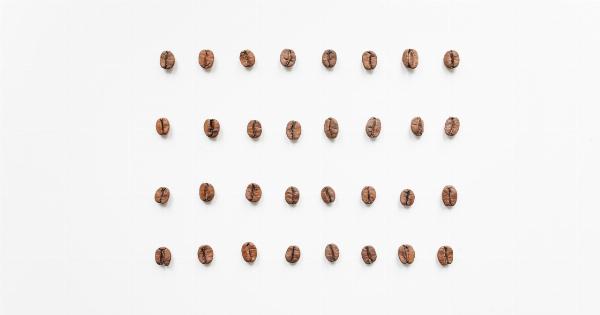Having a healthy liver is crucial for overall well-being and longevity. The liver plays a vital role in detoxifying the body, producing bile for digestion, and metabolizing nutrients.
However, poor dietary choices can lead to liver damage and impair its ability to function optimally. In this article, we will discuss the top foods to avoid for a healthy liver.
Sugar and Sugary Drinks
Sugar, especially in the form of high-fructose corn syrup, is a major culprit when it comes to liver damage.
Excessive sugar consumption can lead to an overloaded liver, causing it to convert the excess fructose into fat, leading to non-alcoholic fatty liver disease (NAFLD). Sugary drinks like sodas, energy drinks, and fruit juices are particularly harmful as they deliver large amounts of sugar directly to the liver.
Alcohol
Alcohol is a well-known liver toxin. When consumed in excess, it can lead to inflammation, cirrhosis, and even liver failure. The liver metabolizes alcohol and turns it into acetaldehyde, a highly toxic substance that damages liver cells.
It is crucial to limit alcohol consumption to maintain a healthy liver.
Processed Foods
Processed foods are typically high in unhealthy fats, refined sugars, and chemical additives. Regular consumption of processed foods can contribute to obesity, insulin resistance, and NAFLD.
These foods are also often low in fiber, which is essential for maintaining a healthy digestive system and preventing liver damage.
Saturated and Trans Fats
Saturated fats, commonly found in red meat, full-fat dairy products, and processed meats, have been linked to liver inflammation and associated liver diseases.
Trans fats, found in many fried and commercially baked goods, are known to increase the risk of liver damage, heart disease, and obesity. Opt for healthier fats like those found in avocados, nuts, and olive oil.
Salt
Excessive salt consumption can lead to fluid retention and high blood pressure, both of which can harm the liver. When the liver is under stress, it may not function optimally, impairing its ability to detoxify the body efficiently.
Limiting salt intake is crucial for maintaining liver health.
Artificial Sweeteners
While artificial sweeteners may be calorie-free, they are not without risks. They have been associated with liver inflammation, insulin resistance, and disruption of gut bacteria – all of which can contribute to liver damage.
Opt for natural sweeteners like stevia or moderate amounts of pure honey or maple syrup if you need to satisfy your sweet tooth.
White Bread, Rice, and Pasta
Refined grains, such as white bread, rice, and pasta, have undergone extensive processing, resulting in the removal of essential nutrients and fiber.
Their high glycemic index also causes a rapid spike in blood sugar levels, leading to increased insulin production. This can contribute to the development of fatty liver disease and insulin resistance.
Caffeine
While moderate caffeine consumption is generally safe for healthy individuals, excessive intake or consumption in combination with other liver-damaging substances can harm the liver.
Caffeine can hinder the liver’s ability to break down toxins, interferes with sleep patterns, and may exacerbate liver disease in certain individuals. It is advisable to enjoy caffeine in moderation and be mindful of its potential effects on the liver.
Salty Snacks
Salty snacks like chips, pretzels, and salted nuts are not only high in sodium but are often fried in unhealthy oils as well. These foods can lead to fluid retention and inflammation, placing unnecessary stress on the liver.
It’s best to opt for healthier snack options like fresh fruits, vegetables, or unsalted nuts.
Red and Processed Meats
Red and processed meats are frequently high in unhealthy fats and cholesterol, which can contribute to the development of fatty liver disease and inflammation.
The compounds found in processed meats, such as nitrates and nitrites, have been linked to an increased risk of liver cancer. Aim to limit the consumption of red and processed meats and choose lean protein sources like fish, poultry, and plant-based options instead.






























